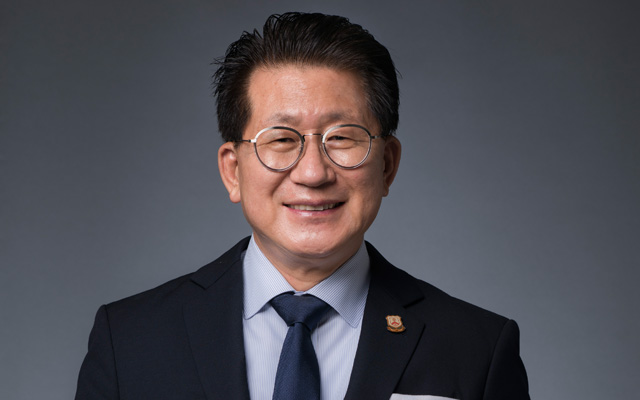Kaye Chon, dean and chair professor, School of Hotel and Tourism Management, Hong Kong Polytechnic University, advises how academia can collaborate with the industry to attract and train talent
How are tertiary institutions attracting students to choose degrees in MICE or events management over other subjects?
Students are attracted to educational programmes related to business events because such degrees prepare them for a career not only in a specific industry, but also in other related industries.
For instance, at the School of Hotel and Tourism Management (SHTM), we equip our students with knowledge and skills that are applicable both in the business events, hospitality and tourism industry,as well as other disciplines.

In addition to jobs in meetings and events planning, SHTM graduates can apply the knowledge gained to other industries such as luxury goods and even government departments staging various public events. Some graduates also become entrepreneurs; e.g., event planners.
How do universities equip graduates with both theoretical and practical skills?
Most hospitality and events management degrees in Asia include a practicum or internship component in their programmes. Universities like ours continue to update the curricula to reflect changes in the industry. We work in close collaboration with the industry and consult relevant stakeholders, including employers, to reflect industry needs and trends in our curriculum.
We are proud to support the industry and develop high-calibre talents by offering degrees at both undergraduate and postgraduate levels.
At the undergraduate level, students apply what they have learned in the classroom to a real-life work environment by organising international conferences and events. They also undertake internships in tourism/events organisations in Hong Kong and abroad to gain hands-on experience.
Back on campus, the SHTM Event Society – founded by our students – provides an excellent opportunity for students to network with industry leaders and build networks for their career development.
At the postgraduate level, we are conscious of students’ desire to progress their studies and acquire industry experience at the same time, hence there is a “management practice” option.
Gen Z has different goals, aspirations and lifestyles from older age groups. In presenting business events as exciting and glamorous, are academia and employers perhaps ‘overselling’ this proposition?
The young generation today is different from older generations in many ways. For example, they consider work life balance more important than career advancement. The opportunity to express themselves in the workplace is also of high priority, and the way of communication has also changed. It is common for young people to engage in business communication via social media instead of a conventional medium like e-mail.
Older generations need to adjust their management style to accommodate the different aspirations and lifestyles of younger generations. In academia, we are doing our best to mitigate and narrow the potential gap between the aspirations of young people and the reality of the industry.
How can educational institutions help mid-career industry workers upgrade or reskill to better suit market needs?
To continue education, SHTM offers an Executive Development Programme. Offered as short courses, the programme meets regional and international demands, and helps mid-career professionals to upgrade their knowledge and skills.
Courses on the Use of Big Data Analytics, Metaverse, and the like help mid-career industry workers adapt to the changing needs of the industry while facilitating their professional development.
We also offer free online courses on the edX online learning platform which has attracted more than 200,000 users worldwide.





















